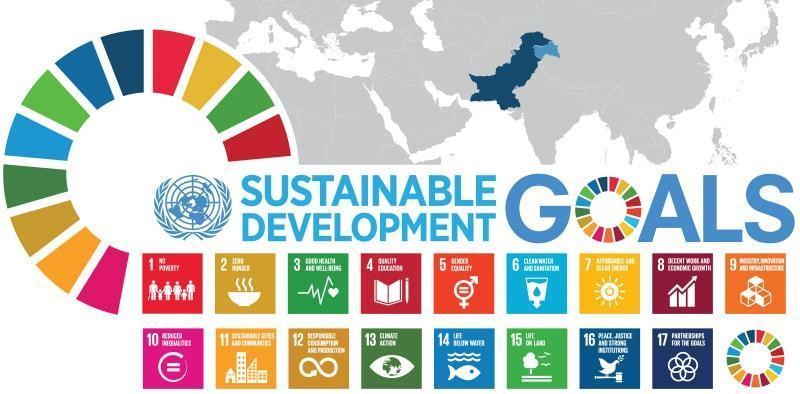Pakistan is falling behind in its mission to achieve the United Nations’ Sustainable Development Goals (SDGs), and that has raised issues regarding the development path of the country in the future. There has been some improvement in educational and poverty-reduction efforts, but structural weaknesses, economic turmoil, and natural hazards persist as obstacles to general progress.
Experts say that unless Pakistan delivers comprehensive structural reforms, it will find it hard to get the momentum to aim for sustainable growth. Some of the priority sectors that urgently require attention are governance, public sector efficiency, education, health, and infrastructure development, which are all well-important to deliver on SDG targets.
Climate change presents an even greater threat since Pakistan is one of the most environmentally disaster-prone nations in the world. Global warming and climate action through enhanced resource management, renewable energy use, and disaster preparedness need to become the top priority to ensure the future of the country.
Citizen participation is also important. Without engaging the public in sustainable projects — from public-funded initiatives to awareness initiatives — progress will be stunted. With the application of structural reforms, ambitious climate action, and engaged citizen participation, Pakistan can still alter its development trajectory and fulfill its international commitments.









